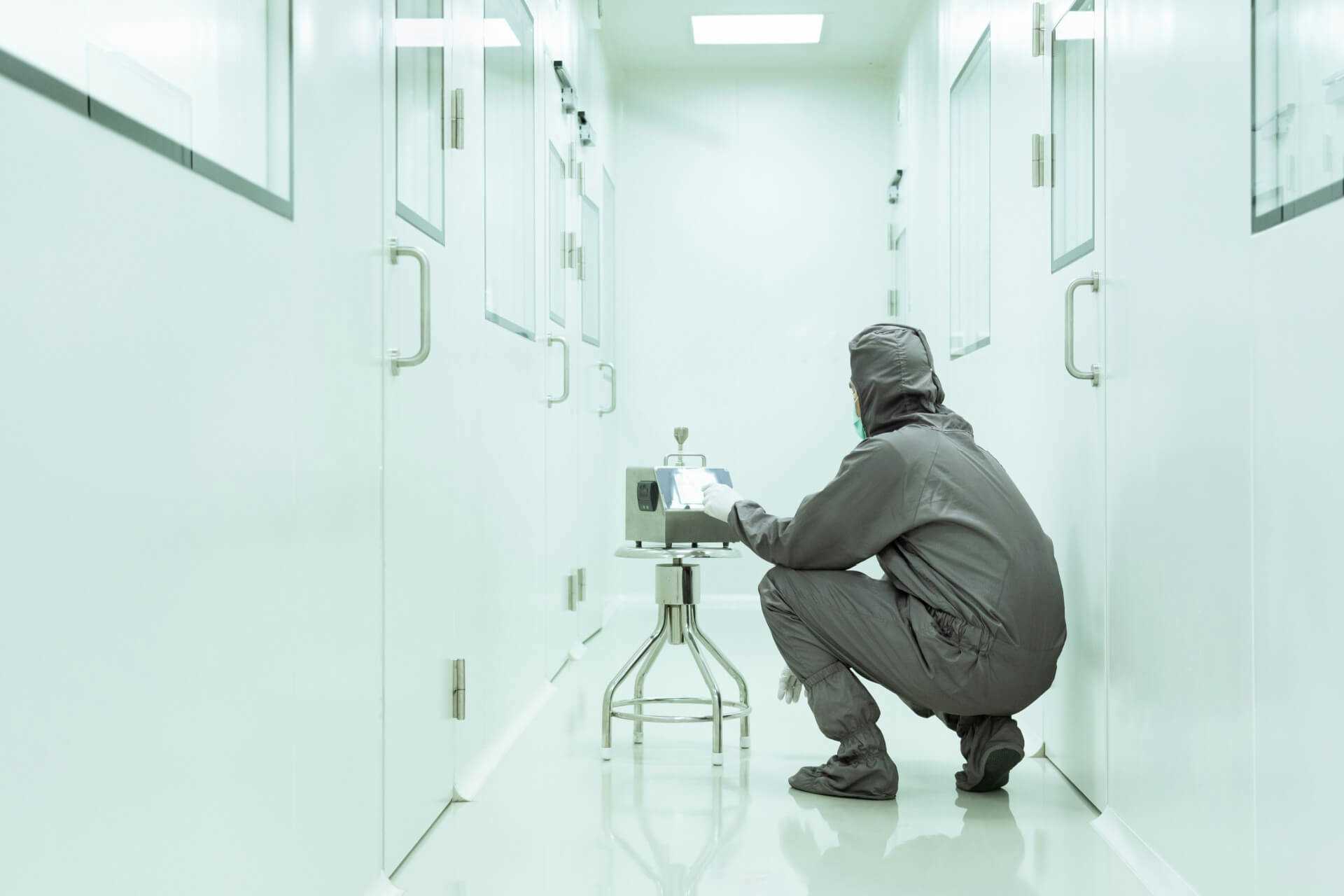
The impact of Artificial Intelligence on GMP industries
The manufacturing landscape has been significantly transformed over the past few decades, with the advent of cutting-edge technologies like Artificial Intelligence (AI). Among the various sectors benefiting from AI integration, Good Manufacturing Practices (GMP) industries have experienced a profound impact. In this blog post, we will explore the transformative power of AI in GMP industries and its far-reaching consequences for product quality, efficiency, and regulatory compliance.
Understanding GMP Industries
Before delving into the impact of AI, let's briefly understand what GMP industries entail. GMP refers to a set of regulations and guidelines designed to ensure the quality, safety, and efficacy of pharmaceuticals, food, and other products. These industries operate under stringent quality control measures to maintain product integrity and consumer safety. Compliance with GMP standards is not only mandatory but also essential to maintaining public trust and preventing product recalls.
AI and GMP Industries: A Symbiotic Relationship
1. Enhanced Quality Control
AI-powered systems excel in repetitive tasks and data analysis. In GMP industries, AI can monitor and analyze vast datasets, detecting even the slightest deviations from established quality standards. Through machine learning algorithms, AI can identify anomalies in manufacturing processes, raw materials, and finished products in real time, ensuring consistent quality. This proactive approach to quality control minimizes the risk of defective products reaching consumers, safeguarding public health.
2. Predictive Maintenance
Unplanned equipment downtime can be catastrophic for GMP industries, resulting in production delays and increased costs. AI-driven predictive maintenance systems use sensor data and historical performance records to predict when equipment is likely to fail. This allows manufacturers to schedule maintenance activities at optimal times, reducing disruptions and minimizing the risk of defective production due to equipment failures.
3. Drug Discovery and Development
The pharmaceutical industry, a significant player in GMP, has seen remarkable progress in drug discovery and development thanks to AI. Machine learning algorithms can analyze massive datasets to identify potential drug candidates, predict their efficacy, and even design new molecules. This accelerates the drug development process, reduces costs, and opens up possibilities for more personalized medicine.
4. Supply Chain Optimization
AI has also revolutionized supply chain management in GMP industries. Through advanced algorithms, it optimizes inventory management, demand forecasting, and logistics, ensuring that raw materials are readily available and products are delivered on time. This not only reduces costs but also enhances regulatory compliance by minimizing the chances of disruptions in the production process.
5. Regulatory Compliance
Compliance with GMP regulations is paramount in these industries, and AI plays a crucial role in achieving and maintaining it. AI can monitor processes and documentation, identify areas of non-compliance, and suggest corrective actions. This helps companies stay ahead of regulatory changes and maintain their reputation for quality and safety.
Challenges and Considerations
While the impact of AI on GMP industries is undeniable, it also presents challenges and considerations. Data security, ethical concerns, and the need for skilled personnel to manage AI systems are some of the issues that require careful attention.
Artificial Intelligence is transforming GMP industries in unprecedented ways, enhancing quality control, streamlining processes, and improving regulatory compliance. As technology continues to advance, we can expect even more innovations that will further revolutionize these industries. By embracing AI, GMP companies can not only maintain their high-quality standards but also remain competitive in an ever-evolving global marketplace. The future of GMP industries is undoubtedly intertwined with the growth and integration of artificial intelligence.
